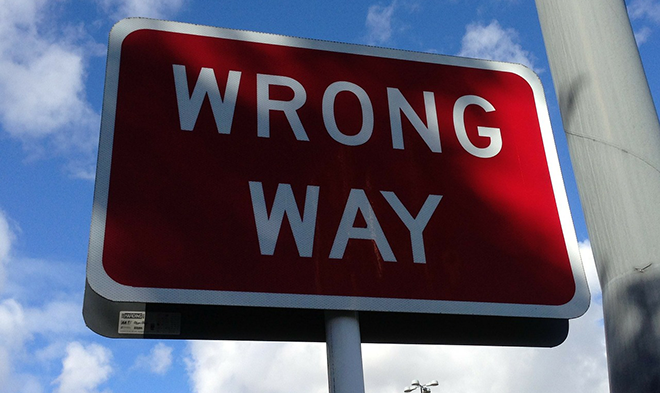7 Credit Myths And Why They’re Wrong
Your credit score can affect many things in your life: your ability to obtain meaningful employment or rent a home. At affects your chances of being approved for a car loan, a mortgage or any other sort of credit. The list goes on. It's an important number for every Canadian to understand and yet so many of us don't. Many of us think we do, but often it turns out that most of what we thought we knew about credit are just myths. Here are 7 credit myths and why they're wrong.
1. You Can Build Your Score Without Credit Products
- You can't. The purpose of a credit score is for potential lenders to see what sort of borrower you are. Do you repay what you owe on time and in full? If you have nothing to pay back, there really is no way to assess your debt paying habits. The best way to build your score without going into debt is to use your credit cards for the things you were going to buy anyway, then use the money earmarked for those things to pay off your card in full. You need to use credit products responsibly to build your credit.
2. Checking Your Score Hurts Your Score
- There are two types of credit inquiries: hard inquiries and soft inquiries. A hard inquiry is when potential lenders check your credit to determine your risk as a borrower. These sorts of credit checks can hurt your credit score if you have too many of them within a small amount of time. However, soft inquiries will not negatively affect your score, no matter how many there are. Checking your own credit is a soft inquiry and is one of the best things you can do when you're serious about rebuilding.
3. Closing Credit Account To Boost Your Score
- Part of what goes into your credit score is what is called the credit usage percentage. This is the percentage of your total credit that you have used. For example, if you have a credit card with a limit of $5000 and a line of credit with a limit of $5000, your total credit is $10000. If you have a balance of $2000 on one credit card, $0 on the second credit card and a balance of $3000 on your line of credit, you have a total of $5000 used which is 33% of your total $15000 credit. This is nearing a good usage percentage. Many financial experts will tell you to keep your usage below 30% because anything above that can hurt your overall credit score. Now, if you close the credit card with $0 balance, you now have a total of $10000 credit with the $5000 total balance. That's a 50% usage percentage. This can have a negative effect on your credit score. getting a limit increase on one of your cards can also bring your percentage down.
4. Your Credit Is Affected By Income
- The truth is, credit bureaus have no idea what your income is and don't keep records of it. They will keep records of your employment for identification purposes, but your income doesn't register.
5. Your Credit Score Is Shared With Your Spouse
- Again, this is not true. Both partners have their own credit scores, separate from their spouse. The only way your spouse can affect your score is if he or she spends the money you had earmarked to pay your bills. Your joint accounts will show up on both of your reports, but your reports remain separate.
6. I Can Use My Utility Bills To Build My Credit
- Most utilities will not report accounts in good standing to the credit bureau. The only time you're ever going to see a utility bill on your credit report is when you fail to pay it and it gets sent to collections. You cannot build credit with utilities but you can certainly destroy it.
7. My Bank Account Affects My Credit Score
- None of your assets affects your credit score. The credit bureaus will only keep track of your loans, credit cards, mortgages and other forms of credit your financial institution extends, but credit is where it ends.
Your credit score is one of the most important things to understand, so make sure you're sticking to the facts and not believing the myths.
Did you believe any of these myths before you read this? Which ones? Let us know in the comments!






Leave a Reply